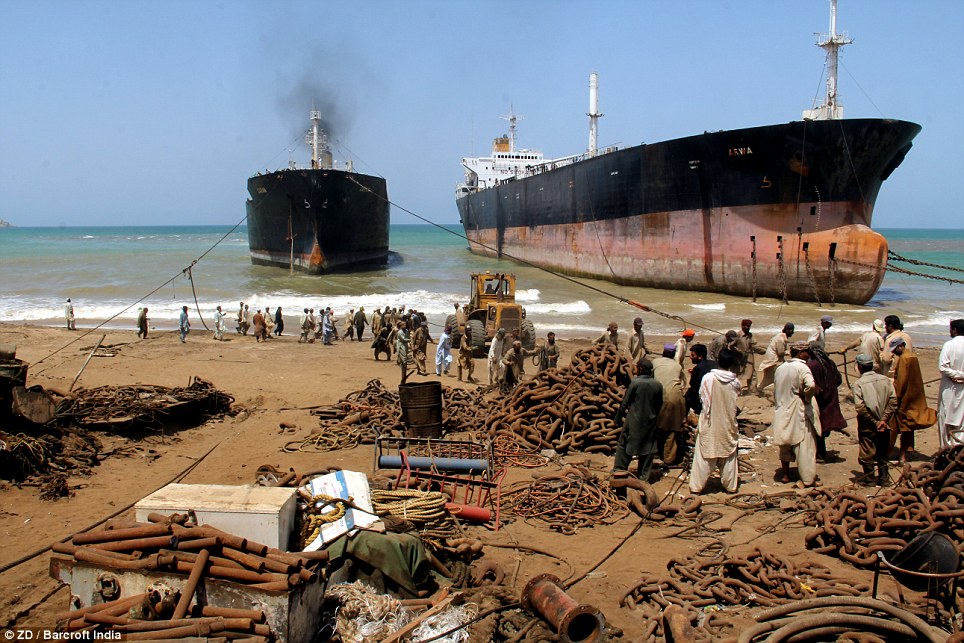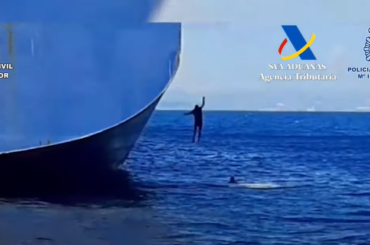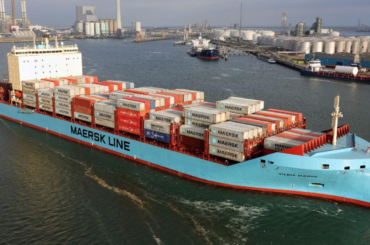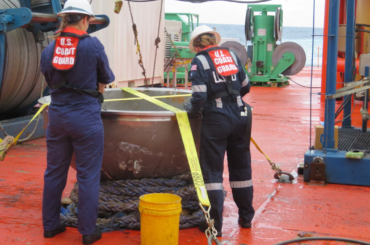According to NGO Shipbreaking Platform, six of the eighteen incidents that have shaken Bangladesh’s shipbreaking industry since the beginning of 2022 have occurred at yards controlled by Kabir Steel Re-Rolling Mills (KSRM).
A worker was fatally hit by an iron girder in the last week of January. Another worker died in February while scrapping the Pioneer and Med, and two others were seriously injured. A guy working as a cutter foreman on the Floating Storage and Offloading (FSO) vessel, Ladinda suffered a spine injury on May 25 when a large iron plate fell to the ground.
Related News
Years of deaths and injuries at Kabir’s yards have led to this chain of accidents. Three workers were killed and three more were injured in three separate accidents in 2020. One of the five incidents at the KSRM yards in 2021 was fatal.
“Despite the repeated interventions of the Bangladesh Department of Inspection for Factories and Establishments and the Ministry of Industries, which included a ban on operations and imports at one of the KSRM yards for four months, Kabir’s management continues to put the lives of workers at risk.” Said NGO Shipbreaking Platform.
Ingvild Jenssen, Executive Director of the NGO Shipbreaking Platform, commented on the fatalities, saying, “all corporations have an obligation to conduct human rights due diligence throughout their supply chain. KRSM’s repeated failure to protect its workers from the many risks involved in ship recycling has resulted in the death of six people and the impairment of at least another seven since 2020.”
Furthermore, eight accidents on offshore units beached in Bangladesh have occurred since 2021. One recent example is Shahjahan’s injuries on board the FSO Ladinda earlier this year. Another is the fatal accident aboard the FSO G Star at Hm Ship Breaking Industry.
Nicola Mulinaris, Senior Communication and Policy Advisor, NGO Shipbreaking Platform, stated, “Vulnerable human beings are paying the price with their lives, whilst big corporations fill their pockets with money. Whilst weak regulations and poor law enforcement allow ship owners to choose the easiest and dirtiest way to dispose of their toxic waste on the beaches of South Asia, clean and safe solutions are already available at facilities that use slip ways, dry docks or floating docks. Companies like Shell and SBM Offshore, which have adopted an ‘off the beach policy’, show that doing the right thing is possible.”







